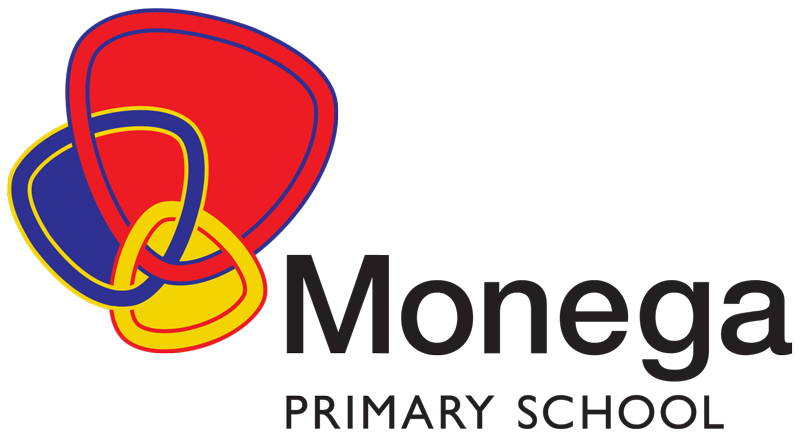Assessment is a way of assisting teachers to modify their teaching in order to improve pupils’ performance. We see the benefits of teachers involving all children in order to stimulate and help them take their next steps in learning.
Within our school, there are two main purposes of assessment:
- Assessment of learning (summative assessment) provides a summary of what has been learned in regard to both attainment and achievement at a specific point in time.
- Assessment for learning (formative assessment), which we regard as the most important kind of assessment, is the process of seeking and interpreting evidence for use by learners and their teachers to decide where the learners are in their learn, where they need to go and how best to get there. (Assessment Reform Group, 2002).
Assessment should be a positive and on-going process in which all staff, the children themselves and parents too should play an active part. It plays an integral part in each teacher’s planning and enables evaluation of current practice as well as pupil achievement.
On-going assessment enables staff to monitor where each child is in terms of their educational development, where their strengths lie and which areas could be improved upon.
The range of approaches to assessment include:
- Formative assessment: specified on planning and taking place on a daily and weekly basis;
- Observing, marking, self-assessment, peer assessment, group discussion, child discussion, questioning.
- Children’s progress is measured every 6 weeks. Class teachers can then identify where gaps lie with precision and use this to inform future planning;
- Summative assessments: These include group or individual tests or tasks,dependent on the pupil’s age. Summative assessment periods take place at the end of each 6 weekly cycle of learning. Summative Assessments are formed though Formative Assessments and tests;
- Pupil progress meetings: For individuals, groups and classes with the Senior Leadership Team after each summative assessment period. These meetings highlight children causing concern for attainment or progress and also those attaining higher than expected or making accelerated progress;
- SEN progress meetings: As above but specifically for children on the register at SEN School Support, Statements or Educational Healthcare Plans.








